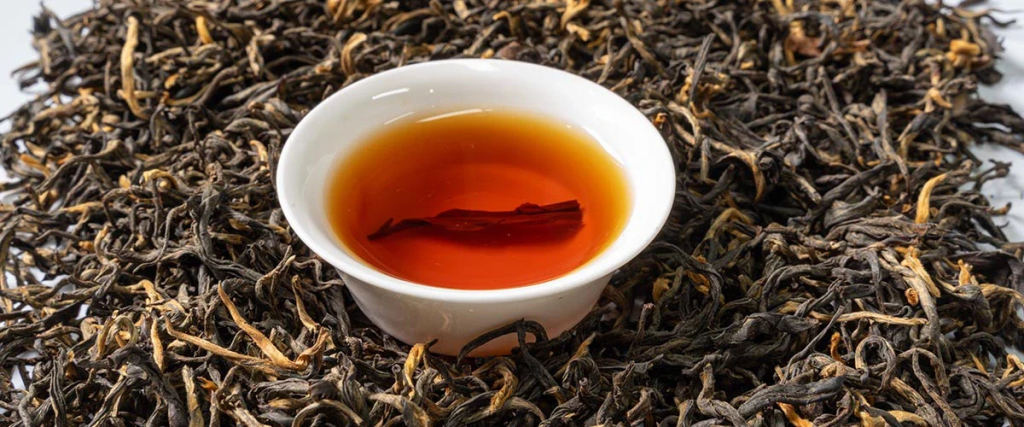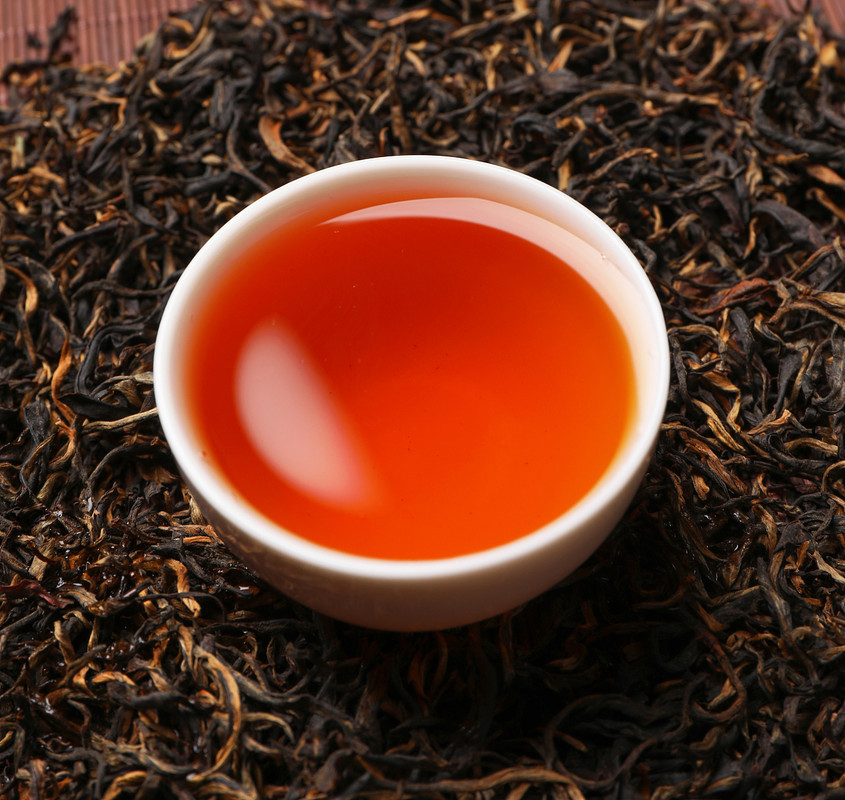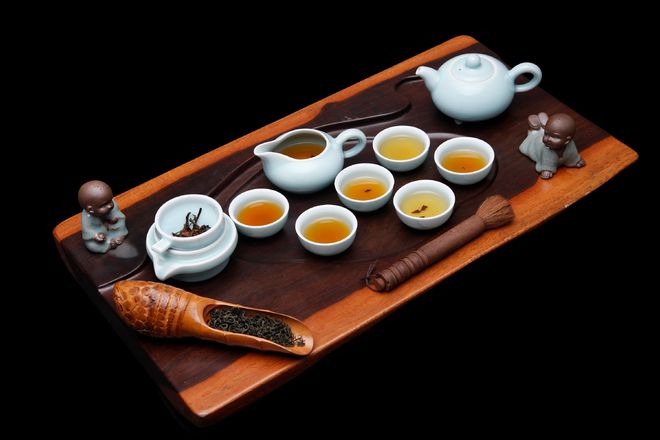Introduction:
In the vast tapestry of tea culture, black tea holds a prestigious position, celebrated for its rich, robust flavors and inviting aroma. Its deep, amber hue and malty sweetness make it a favorite across the globe, enjoyed both as a comforting daily ritual and a sophisticated tea ceremony experience. The enjoyment of black tea is further elevated through the thoughtful selection of tea ware, which can accentuate its taste, aroma, and visual appeal. This article explores the intricate relationship between black tea and tea ware, revealing how the right choice of vessels can bring out the best in every cup.

The Essence of Black Tea:
Black tea, derived from the Camellia sinensis plant, undergoes full oxidation during processing, giving it its characteristic dark leaves and intense color. This oxidation process also transforms the tea’s flavor profile, resulting in a wide range of tastes from smooth and mellow to bold and brisk. Popular varieties include English Breakfast, Darjeeling, and Assam, each offering unique notes of caramel, fruit, and spice.
Understanding Tea Ware for Black Tea:
When choosing tea ware for black tea, the goal is to enhance its rich flavors and full-bodied aroma while maintaining an appealing presentation. Key considerations include material, heat retention, and the way the tea ware interacts with the tea’s characteristics.
- Porcelain and Bone China Tea Pots and Cups:
Porcelain and bone china are excellent choices for black tea due to their smooth surfaces and ability to retain heat. These materials do not absorb flavors, ensuring that the tea’s natural qualities are showcased. The elegance of porcelain also adds a sophisticated touch to any tea setting, making it ideal for formal tea ceremonies or simply enjoying a cup of black tea in style. - Cast Iron Tea Pots:
Cast iron tea pots, particularly those traditional in design like the Japanese tetsubin or Chinese yixing, are favored for their ability to maintain water temperature consistently. This is crucial for black tea, which requires a steady temperature for optimal flavor extraction. The slow release of iron into the water can also subtly enhance the tea’s taste, adding a hint of mineral richness. - Glass Tea Pots and Cups:
While less common for black tea, glass tea ware can still have its place, especially when showcasing the tea’s vibrant color. It allows tea enthusiasts to observe the tea leaves as they steep, adding a visual dimension to the experience. However, glass tends to lose heat quickly, so it’s best used with insulation or in conjunction with a tea cozy. - Ceramic Tea Pots and Cups:
Ceramic tea ware offers a versatile option for black tea, balancing heat retention with affordability and aesthetic appeal. Different ceramic clays can impart subtle flavors, though high-quality ceramic, like fine porcelain, minimizes this effect. Ceramic’s variety in shapes, sizes, and designs allows for personalization, making it a great choice for everyday use or special occasions. - Silver Tea Services:
For a luxurious touch, silver tea services can elevate the tea experience to the realm of art. Silver’s reflective surface enhances the tea’s color and aroma, while its excellent heat conductivity ensures an even brewing temperature. However, silver tea ware is often more ornate and suitable for formal settings or as a collectible item.
Temperature and Brew Time Considerations:
Black tea generally requires water heated to around 95°C to 100°C (203°F to 212°F) for optimal flavor extraction. Tea ware that maintains this temperature well is crucial. Additionally, the brewing time should be monitored, typically ranging from 3 to 5 minutes, depending on the tea variety and desired strength.
Matching Tea Ware to Tea Type:
Different black tea types have distinct flavor profiles that can be accentuated by specific tea ware. For example, the malty sweetness of English Breakfast tea pairs well with a robust cast iron pot, while the floral notes of Darjeeling tea might benefit from the clarity and purity of porcelain. Experimenting with different tea ware can reveal new facets of your favorite black teas, enhancing the tea journey.
Conclusion:
The harmony between black tea and tea ware is a delicate dance of flavors, aromas, and aesthetics. By carefully selecting tea ware that complements the unique qualities of black tea, tea enthusiasts can elevate their tea experience, creating a sensory feast that is both satisfying and inspiring. Whether through the elegance of porcelain, the warmth of cast iron, or the visual delight of glass, the right tea ware serves as a conduit, connecting the tea grower’s craftsmanship with the drinker’s appreciation, in a symphony of taste, aroma, and culture.



